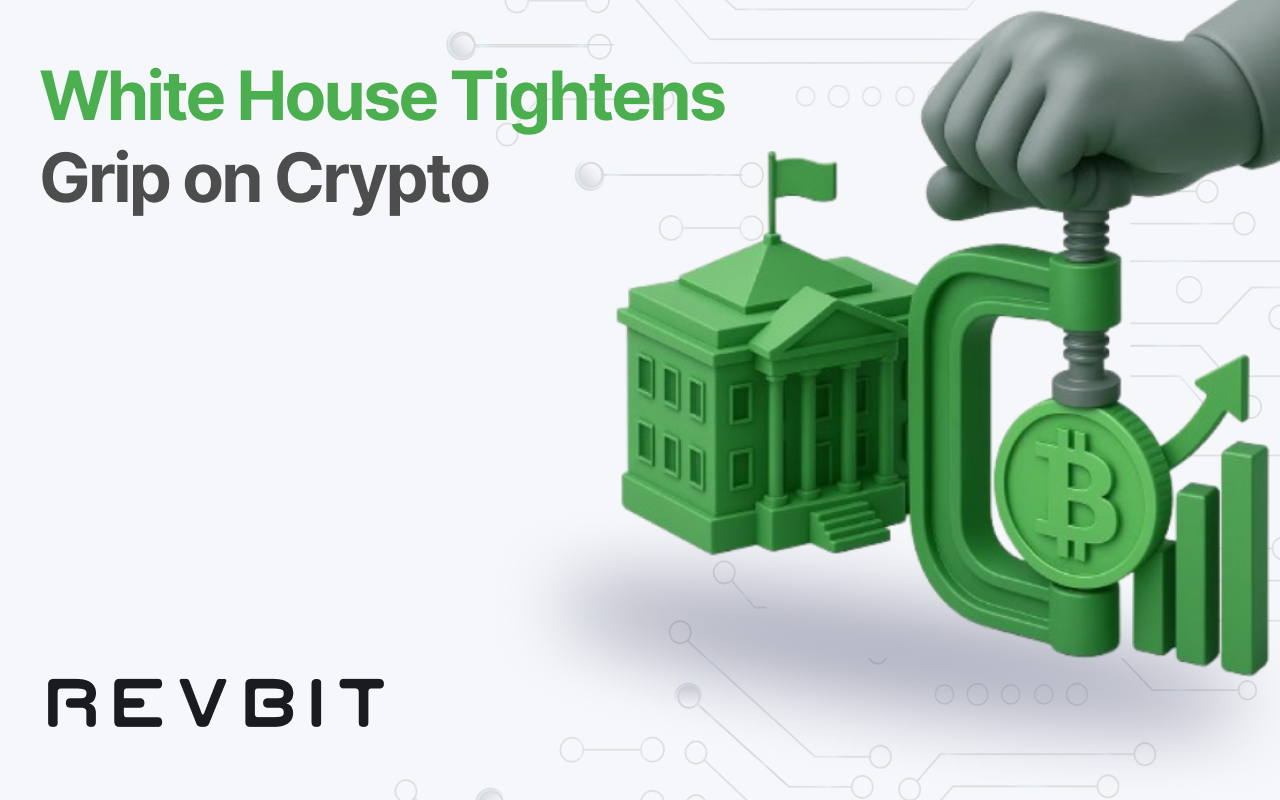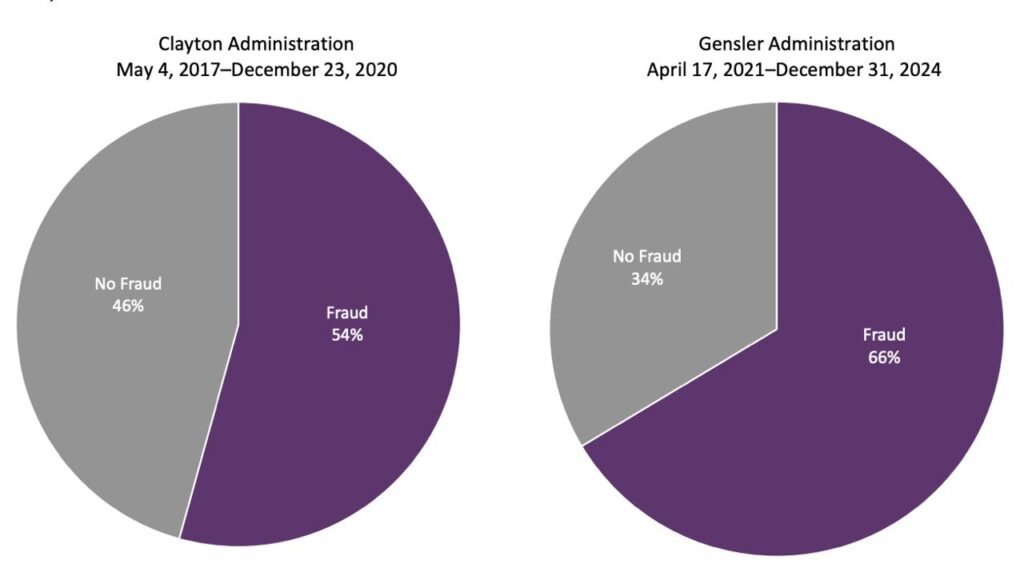
Word is spreading fast: the White House is cooking up a fresh crypto regulatory report, set to shake up the digital asset world. Slated for review by U.S. financial watchdogs, this document could redefine how the government tackles cryptocurrency in America. With global crypto enthusiasm climbing—$2.3 trillion market cap in 2025—questions loom over decentralization, privacy, and financial independence.
Early whispers from the report point to worries about untracked crypto moves, the wild growth of stablecoins, and the boom in decentralized finance (DeFi) platforms. There’s no outright ban on the table, but the message is loud: transparency is non-negotiable, and tougher AML/KYC rules are coming nationwide.
A New Era of Oversight?
The Biden team seems keen on beefing up the muscle of agencies like the SEC and FinCEN, zeroing in on platforms letting users swap crypto without ID. Rumor has it they’re mulling a federal database to track crypto transfers, a move that could rattle traders relying on no-KYC setups. Policy experts see this as a “regulatory shield” to protect consumers and tame market wildness—BTC swung 5% last week alone. But skeptics argue it might choke innovation, nudging blockchain firms to set up shop overseas, where rules are looser.
Context Behind the Shift
This isn’t out of the blue. Lately, crypto outfits have faced steep fines for dodging U.S. compliance, with some forced to follow the Bank Secrecy Act (BSA). That could reshape how decentralized token trades and wallet-based deals play out. In 2024, $1.7 billion in penalties hit non-compliant exchanges, per industry estimates.

Yet, not everyone’s frowning. Some industry insiders hail this as a chance for “grown-up” rules— a way for the U.S. to legitimize digital finance without gutting its spirit. If handled with care, America could still lead the global crypto charge.
What Traders Need to Watch
For hands-on traders, this shift calls for a rethink. Tighter KYC could cramp privacy strategies, with 80% of exchanges now requiring ID since 2023. Options remain, though. Revbit steps up with no-registration swaps, letting users move fast while keeping funds in hand—a handy edge as rules tighten. Market data shows 6% of traders used no-KYC platforms in 2025, up from 4% last year.
Table: Impact on Trading (July 2025)
| Aspect | Revbit | Post-Regulation |
| Verification | no-KYC | Likely <10% |
| Transfer Speed | 5–15 min (no-KYC) | 1–3 days (KYC) |
| Fees | 0.1–0,5% | 0.5–2% (KYC) |
| Privacy | High (no-KYC) | Reduced |
| Legal Risk | Low | High |
This table hints at what’s ahead for anonymous crypto swap fans.
Looking Ahead
The White House’s push for openness clashes with the market’s hunger for flexibility. The crypto crowd is split—some cheer oversight, others defend user control. Over the next few months, expect clearer policy moves and maybe the first enforcement wave. Traders should keep an eye on price swings—ETH dipped 4% on rumor day—and regulatory updates.
The big task? Finding a sweet spot between rules and freedom, safety and growth. For now, staying sharp on market shifts and policy vibes is a must for thriving in this evolving digital asset world. Revbit’s no-KYC model could be a lifeline as the landscape shifts.